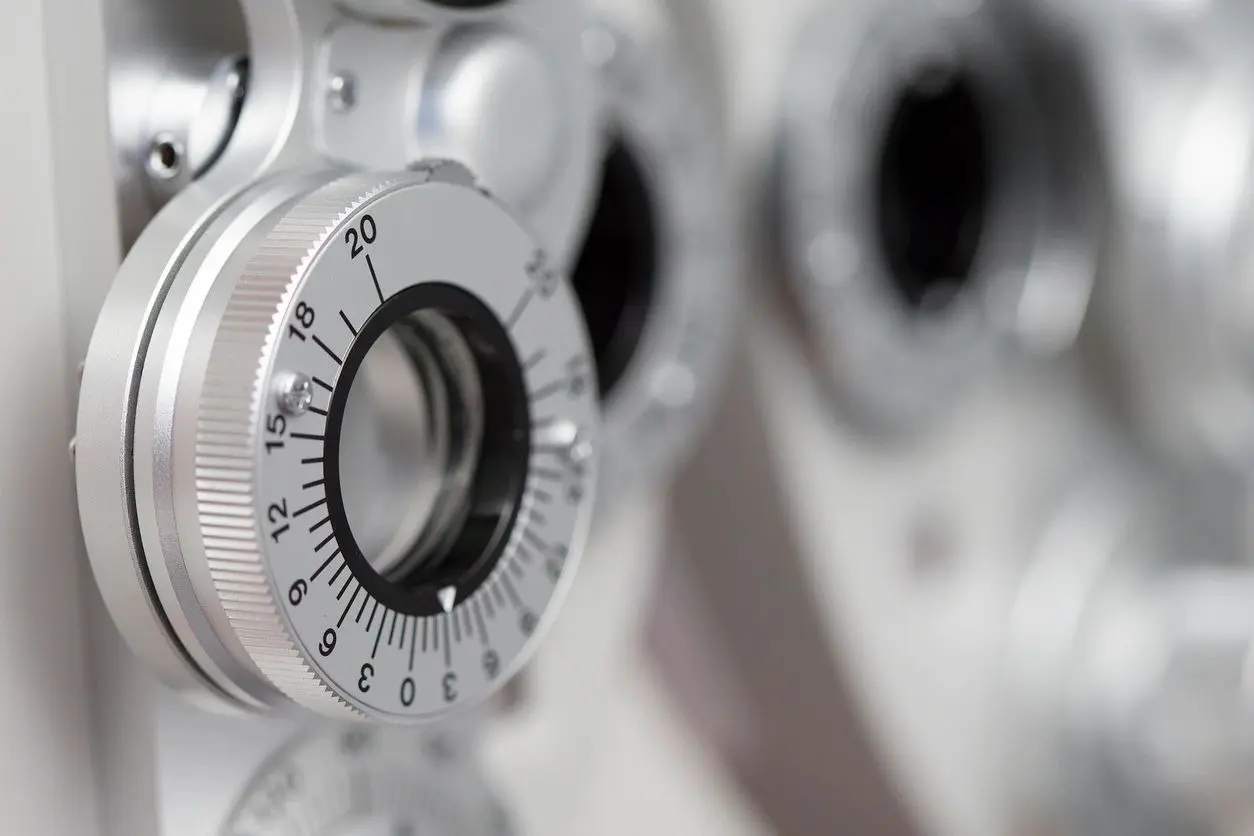
EYE EXAMINATIONS
Our eye examinations are thorough and comprehensive. During your appointment we evaluate your vision, measuring both your distance and near vision to determine your need for glasses. This examination is designed to detect a wide range of problems affecting vision function, such as blurred vision or eye strain.
We also perform a medical health examination of your eyes. We look for cataracts, glaucoma, macular degeneration, hypertensive and diabetic eye conditions, and other eye diseases.

Treatment of Eye Disease
Our doctors diagnose and treat eye infections, inflammation, corneal abrasions, dry eye, foreign bodies, and glaucoma. We can prescribe topical and oral antibiotics, topical steroids, dry eye treatments, and glaucoma medications if indicated.
For patients with flashes or floaters, we perform a dilated exam to determine if the symptoms are related to benign age-related changes or a more serious condition that requires referral to a retinal specialist.
Pediatric Care
According to the American Optometric Association guidelines, “all children have a complete vision and eye health exam at the age of 6 months, three years upon entering kindergarten, and routine vision care (every two years) after that throughout their school years.”
A person’s visual system matured rapidly during the first few years, and it is important to identify and problems that may interfere with normal vision development. Although young children may not read an eye chart, we have picture charts for children hesitant with their letters. We also have a computerized instrument to measure a child’s prescription for an objective assessment independent of the child’s responses.
Pediatric Eye Examination
Our doctors pay special attention to how the eye works as a team. We make sure that both eyes are seen equally to allow for proper vision development in both eyes.
Our comprehensive pediatric eye examination assesses visual clarity, nearsightedness, farsightedness, astigmatism, eye health, eye alignment, and eye focusing.
Poor Vision and Learning Difficulties in Children
Reports have estimated that up to 25% of grades K – 6 have vision-related problems, contributing to poor school performance. So it’s important to start early to reveal any vision issues that may cause learning difficulties at school. Additionally, early intervention is vital for treatment if a vision problem prevents adequate development of perception and eye-hand coordination skills.
